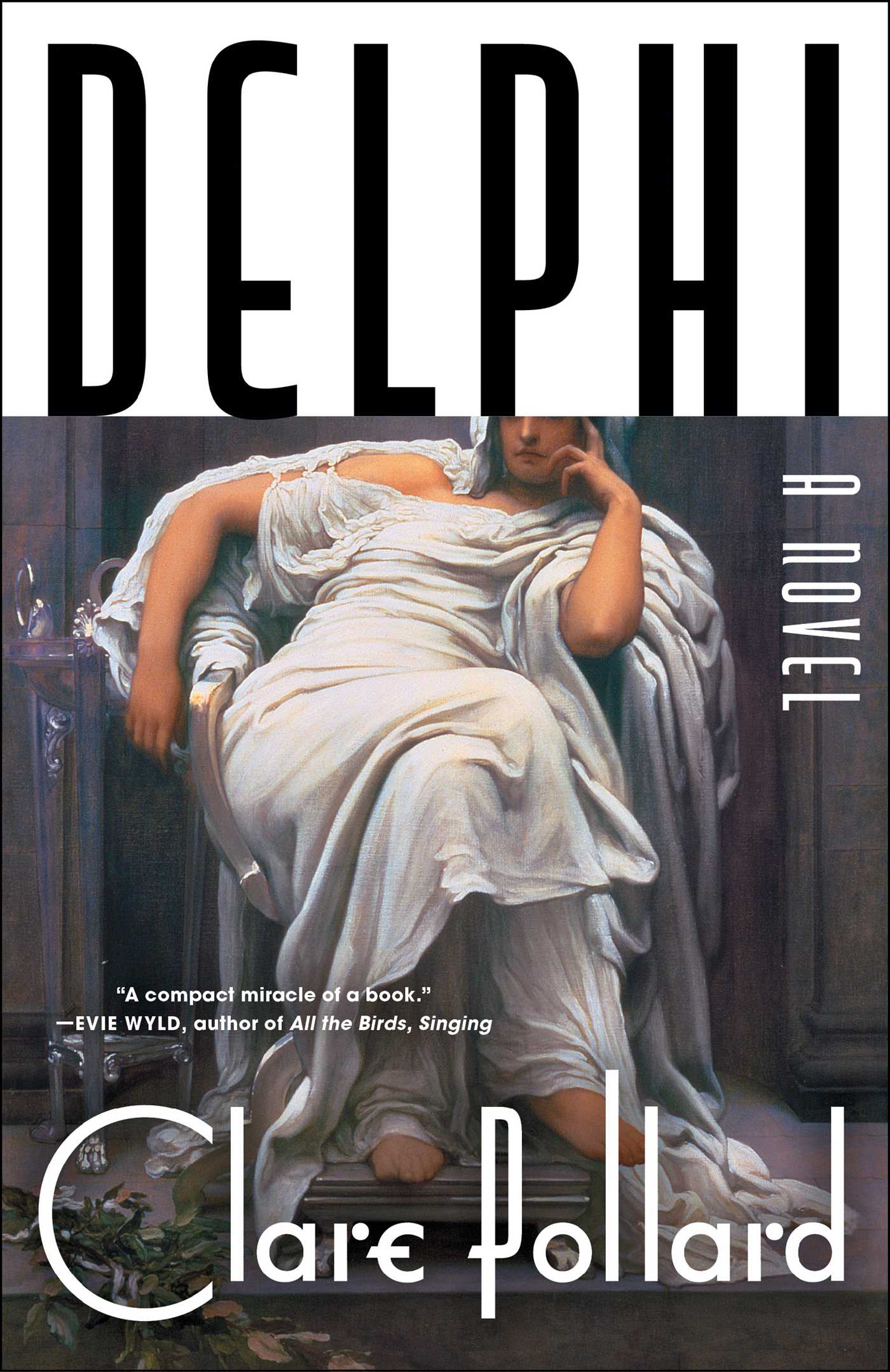What do you think?
Rate this book


208 pages, Hardcover
First published August 2, 2022
Everyone is watching America. Trump is every headline. Trump is every update. Washington is Delphi, and we wait to hear our future. They call it Omphalus Syndrome: the belief that a place of geopolitical power is the most important place in the world.
I am sick of the future. Up to here with the future. I don't want anything to do with it; don't want it near me.
No one used to have to deal with this much future. I mean, the future, so far as they could imagine, would have been fairly like the past: harvest, solstice, snow, trees coming into bud. They would get older and die, but the cycle would begin again. We have to live with the rising tide of future, leaking and sopping over everything, claiming cities and sectors, until we're in the future, already - that dystopian future of surveillance, video calls, and VR headsets, and viral epidemics spread by globalisation, and the 24 news saying AI extinction event gene-modification the collapse of civilisation.
I can't even, to be honest, comprehend the numbers any more: 300 deaths a day, 400, 500. In a country of 65 million people is that utterly horrifying or nothing at all? Perhaps it's both, it feels like both.
Learning at our university goes online. Restaurants shut again, pubs, cinemas, theatres. They're all complaining, rightly - they've spent so much money making themselves covid-secure and now they are going to go bankrupt - but I can hardly register the pain of abstract businesses, at my desk at the kitchen still, microwaving my coffee for the third time, meeting after meeting, pleas for extensions, watching The Queen's Gambit. Duolingo email me a reminder to keep up my 250 day streak.
And the news just keeps coming, endless news. News is our lives now. It gives our lives a narrative, in place of individual action - news has rushed in to fill the void.